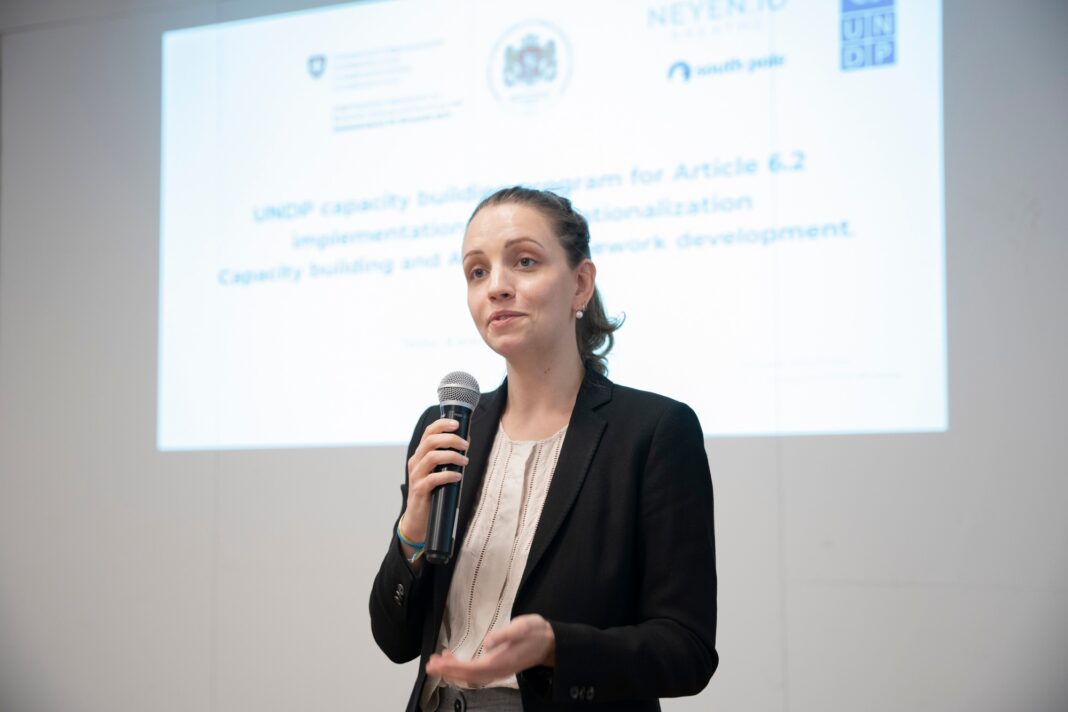Tbilisi: More than 50 representatives of the Government of Georgia, the Climate Finance Working Group, local authorities and the private sector attended a two-day training on Article 6.2 of the Paris Climate Agreement, which was held on February 8-9 in Tbilisi.
The event was organized and conducted with the support of the Georgian Ministry of Environment Protection and Agriculture along with the United Nations Development Program and the Swiss government.
The participants of the training discussed the opportunities provided by the Paris Agreement, using which private companies will be able to conduct business that is beneficial for the planet and, at the same time, profitable for people.
As part of the Paris Agreement, Georgia made an unconditional commitment to reduce the proportions of greenhouse gas emissions by 35 per cent (about 16 per cent per capita) by 2030 compared to the 1990 baseline. Article 6 of the Paris Climate agreement defines a practical way of fulfilling this obligation, which will create additional prospects for climate-wise and environment-friendly business development.
“This is a great opportunity for entrepreneurs and investors to develop new businesses that serve the well-being of people and the planet while making a profit. If emission reductions are confirmed, such an enterprise will be able to return up to 25 per cent of the initial investment in the form of a subsidy.” stated Nick Beresford, Permanent Representative of the United Nations Development Program in Georgia.
“The development of carbon trading systems is a new and promising direction in the fight against climate change. Access to the global carbon market will create new opportunities for business development to build a low-emission economy and will support Georgia’s ambitious climate change mitigation agenda” , said Maya Tshvaradze, Head of the Climate Change Division of the Ministry of Environmental protection and Agriculture of Georgia.
In using this market-oriented approach, a private or public company must first identify and invest in market opportunities whose resulting product or service will contribute towards the reduction of greenhouse gas emissions. It could be anything, like building a solar power plant, creating an electric transportation service, or energy-efficient renovation of old buildings.
Once emissions reductions are documented, the enterprise will be able to return up to 25 per cent of the initial invested capital through a special mechanism created for the development of carbon trading systems. The Swiss Federal Office for the Environment and the Swiss Carbon Purchase Program has committed USD 120 million to launch this mechanism globally.
Companies interested in carbon trading in Georgia should contact the Secretariat of the Climate Change Council at the Ministry of Environment and Agriculture for more information: ClimateChange@mepa.gov.ge



